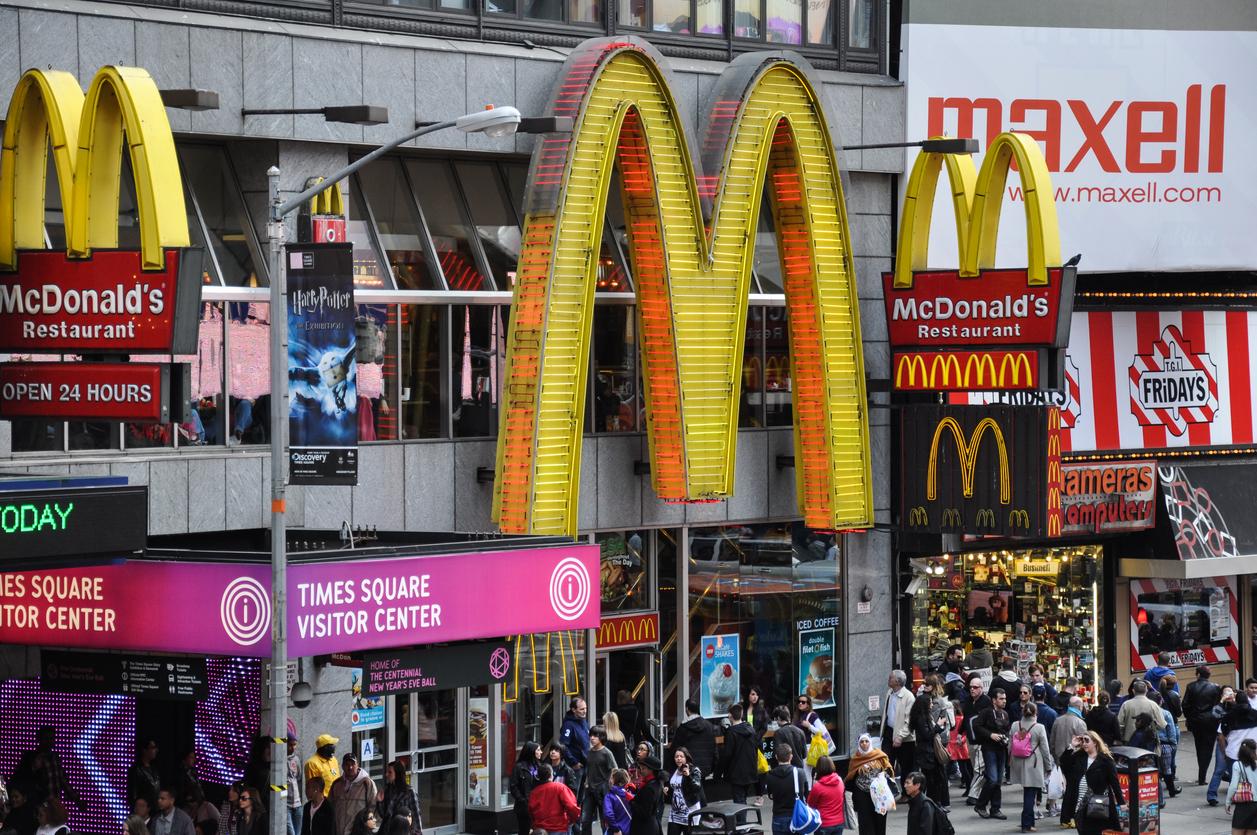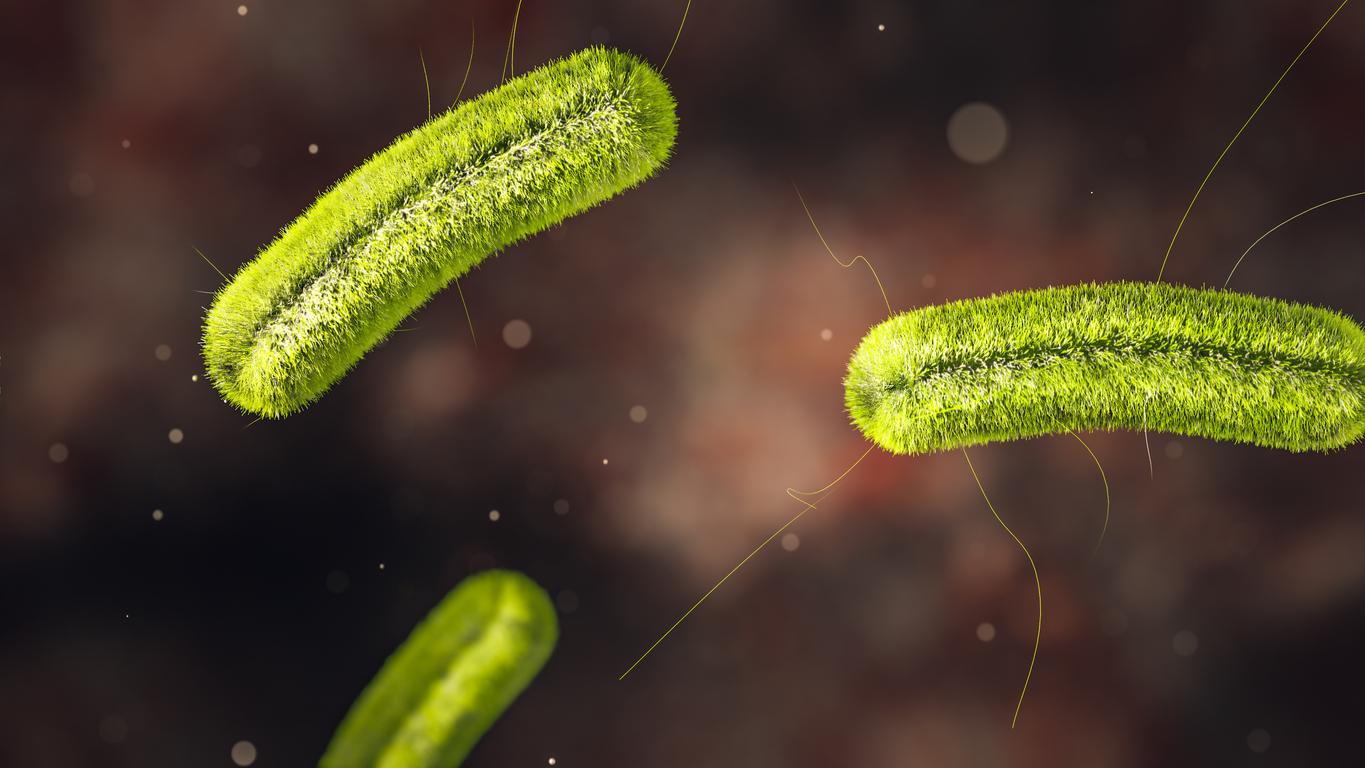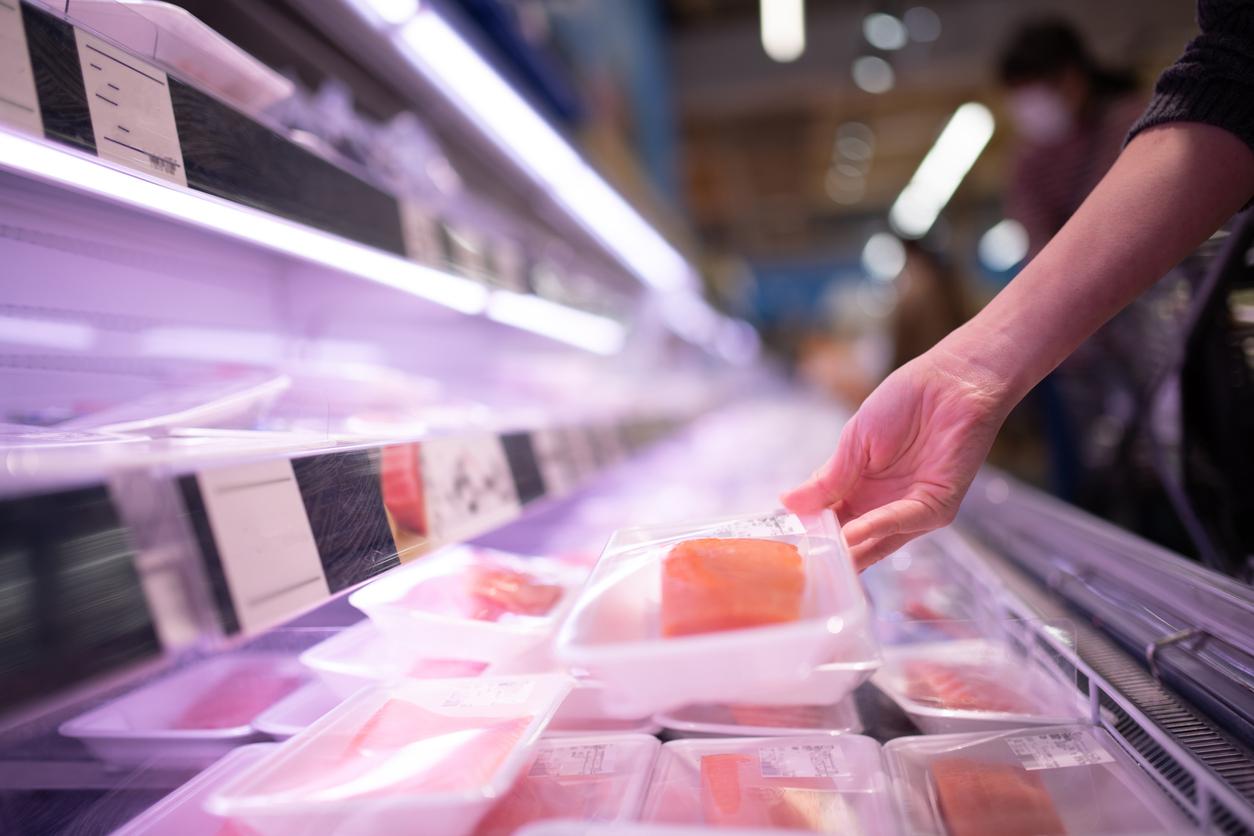On Wednesday August 1, McDonald’s informed its customers that a batch of Caesar salads contaminated with listeria was marketed in July in dozens of restaurants. An information number has been set up.

It’s the kind of bad publicity that the American fast-food giant surely would have done well. Wednesday 1er August, the fast food chain McDonald’s announced have detected during an internal control the presence of the listeria bacteria in a “Chicken Caesar” salad.
This salad was part of a batch marketed from July 9 to 14 in restaurants throughout France. In its press release, McDonald’s assures us that this is an “isolated” result and that the defective lot was withdrawn from sale on July 15.
However, “as a precautionary principle”, McDonald’s and its “historic French partner” FFS who supplied the lot, have decided “to inform their consumers via the press, the mcdonalds.fr website, and an information poster in the restaurant “.
[#RappelProduit #securite #alimentation]
Chicken Caesar salad (McDonald’s brand) sold in restaurants between July 9 and 14, 2018 presents a risk of microbial contamination. https://t.co/ylvAQzCOEu pic.twitter.com/sOWBfQjCVs– DGCCRF (@dgccrf) Aug 3, 2018
An information number set up
According to McDonald’s, dozens of restaurants in 12 regions sold the potentially contaminated batch of Chicken Caesar salads. The complete list of establishments, notably in Normandy, Brittany and Pays-de-la-Loire, is available.
The fast food chain also invites its customers who have consumed a Chicken Caesar salad in the establishments and on the dates concerned to contact its consumer service at 0800 000 175. She also advises them to consult their doctor “as a precautionary measure and only in the event of fever, isolated or accompanied by headaches”.
“These symptoms can suggest listeriosis, a disease that can be serious and can take up to eight weeks to incubate.
McDonald’s however wants to be reassuring, recalling that “all the other analyzes carried out throughout the chain, on the batch concerned, during the day and the month of production, (have) all proved to comply with the regulations”.
Presence of listeria: what are the health risks?
Listeria monocytogenes is a bacterium that is found in particular in water, soil, wastewater, but also human and animal faeces, as well as in plants. It thrives on poorly preserved foods. What makes it particularly dangerous is its resistance to cold: it survives without difficulty in freezers and proliferates in refrigerators.
Listeria monocytogenes can cause listeriosis, a potentially serious infection if complicated by sepsis or infection of the brain. Responsible for 200 deaths in 2012 in Europe, listeriosis is particularly at risk for people over the age of 70, babies, pregnant women and people with weakened immune systems.
If in doubt about the symptoms, it is advisable to go to your general practitioner who will prescribe, if necessary, an antibiotic treatment. This is very effective, especially if it is administered quickly.
.

















